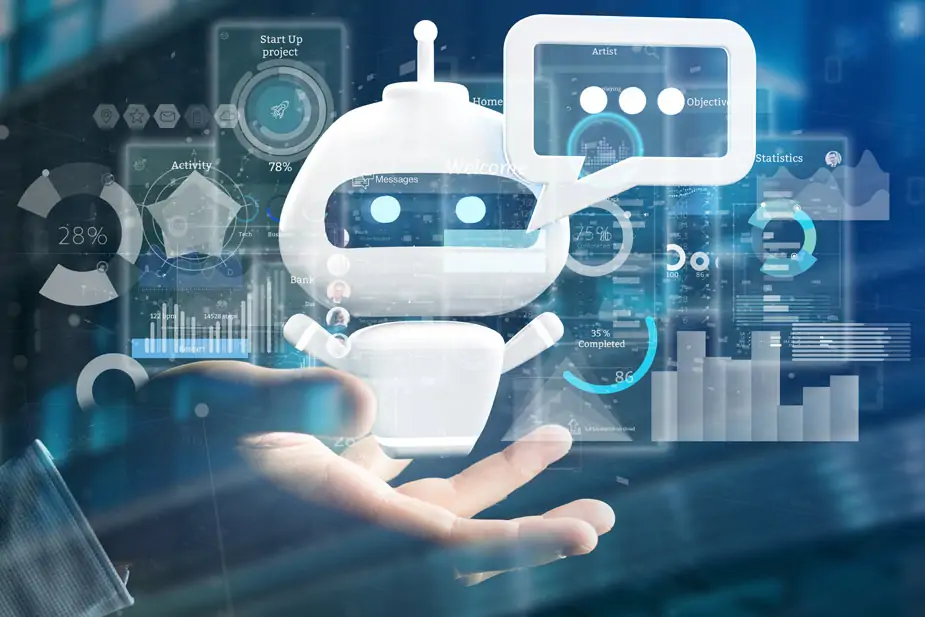Artificial Intelligence (AI) has been a buzzword in the technology industry for years, but its impact is becoming increasingly apparent as it infiltrates nearly every aspect of our lives. From chatbots that simulate human conversation to deepfakes that can manipulate images and videos, AI is transforming the way we interact with technology and each other.
Chatbots are one of the most common examples of AI in action. They are computer programs designed to simulate conversation with human users. Chatbots are widely used in customer service, where they can provide quick and efficient responses to common inquiries. They are also becoming increasingly popular in other areas, such as mental health support, where they can offer anonymous counseling and support.
However, chatbots are just the tip of the iceberg when it comes to AI’s capabilities. Deepfakes, for instance, are a more sinister use of AI. They use machine learning algorithms to manipulate images and videos, making it possible to create convincing fake content. Deepfakes have raised concerns about their potential to be used for malicious purposes, such as spreading fake news or manipulating elections.
AI is also being used in more sophisticated ways, such as predictive analytics, which can analyze large data sets to make predictions about future outcomes. This technology is being used in fields such as healthcare, finance, and marketing, where it can help businesses and organizations make more informed decisions. However, the rapid rise of AI has also raised ethical and moral concerns. For example, AI algorithms can sometimes perpetuate existing biases, such as racial or gender biases. There are also concerns about job displacement, as AI-powered machines and robots replace human workers in various industries.
AI is transforming the world we live in, from chatbots that provide quick and efficient customer service to deepfakes that can manipulate images and videos. While the potential benefits of AI are vast, it is important to recognize and address the potential risks and ethical concerns associated with its use. As AI continues to evolve, it is crucial that we work to ensure that it is used for the betterment of society, rather than for nefarious purposes or to perpetuate existing biases.
In addition to the examples I mentioned in my previous article, AI is being used in many other areas as well. For example, it is being used in the development of autonomous vehicles, where it can help cars and other vehicles navigate safely and avoid accidents. AI is also being used in the development of smart homes and cities, where it can help optimize energy usage, reduce waste, and improve overall efficiency. Another area where AI is having a significant impact is healthcare. AI-powered algorithms can analyze medical data and help healthcare professionals make more informed decisions about patient care. AI can also help identify patterns and potential health risks, allowing doctors to intervene earlier and prevent or treat diseases more effectively.
However, as I mentioned earlier, there are also concerns about the potential risks and ethical implications of AI. One of the biggest concerns is the potential for AI to perpetuate existing biases, such as racial or gender biases. This is because AI algorithms are only as unbiased as the data they are trained on, and if the data is biased, the algorithm will be too.
Another concern is job displacement, as AI-powered machines and robots replace human workers in various industries. While some argue that AI will create new jobs in fields such as data analysis and machine learning, there are concerns about the impact on lower-skilled jobs that are more susceptible to automation. Despite these concerns, the development and use of AI is likely to continue to grow in the coming years. It is up to individuals, businesses, and governments to ensure that AI is used responsibly and ethically, and that the benefits of AI are realized for the betterment of society as a whole.





